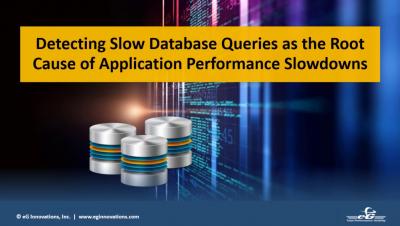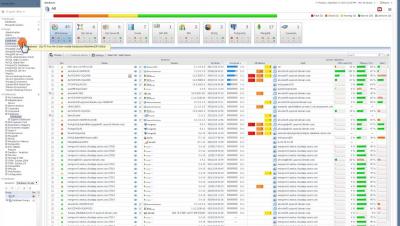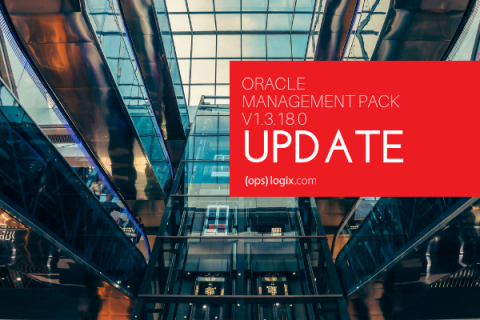NiCE DB2 SPI 4.30 released
Be the first to get a complete picture of the health and performance of your business critical DB2 database environment using the new NiCE DB2 smart Plug-In 4.30. The NiCE DB2 smart Plug-In delivers first-rate monitoring for business critical, highly dynamical database environments. Leverage your existing investment and reduce costs, save time and build efficiencies now.









